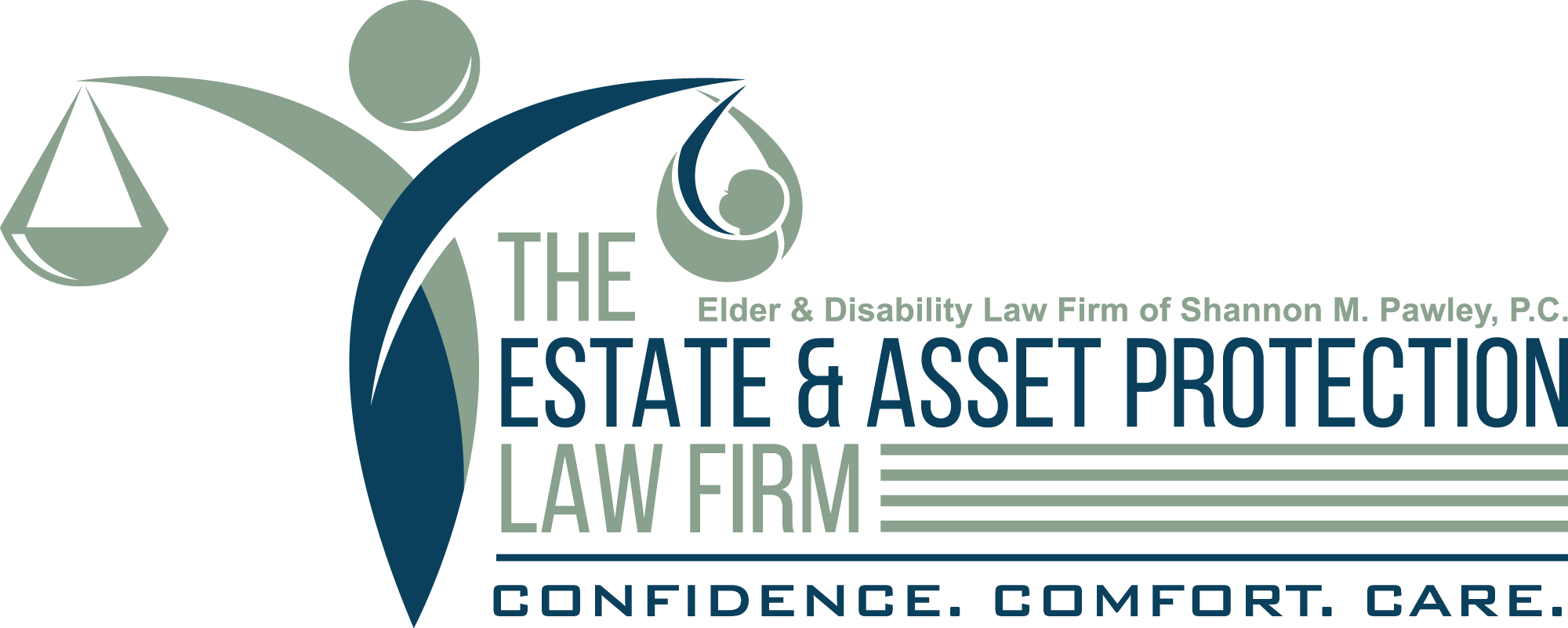How To Avoid Being Someone Who Says, “Oops I Thought I Was Covered”

Very often, after giving an estate planning presentation to a group or meeting with a client to review their previously drafted estate plan, I hear the phrase, “I thought I was covered.” There are basically two dominant reasons for this. First is a result of having just heard information that lets them know their current plan is not enough for their particular situation. Secondly, they either did not understand what they needed or paid a “low price” for Internet documents or for a lawyer who could do it cheaply, but who didn’t really take the time to understand what the client needed either.
While there are five major reasons that make most people think they have the coverage they need but ultimately don’t, I’m going to review the top two in this article. I’ll review the remaining three in next month’s article.
The Top 2 “OOPS, I Thought I Was Covered” Moments:
The Number One Oops: I (or my mother) has Medicare so her nursing home cost will be covered.
Medicare does not cover long term care costs at home, in assisted living, or at a nursing home. Medicare covers hospitalization and short-term acute rehabilitation services at home and at nursing homes. Some Medicare benefits have coverage limits. For nursing homes, the maximum that Medicare will cover is 20 days at 100% and up to another 80 days at 80% (for a total of 100 days), which can be terminated at any time prior to reaching 100 days. The financial options to pay for care after Medicare terminates include the following: Money from your own life savings, long term care insurance if you have it, Veterans Benefits for wartime veterans and their spouses (with certain limitations), and Medicaid (with financial eligibility limitations).
Thus, an 82-year-old woman who broke her hip and had surgery will likely go to a skilled nursing facility for rehabilitation. Depending on how well recovery is going, the doctor may agree to Medicare up to 100 days or, like in many places, terminate it after only 20 days. Then, the patient will need to decide whether she is going to stay in the facility and pay privately or apply for Medicaid. Often it is the family making these decisions. Each person is motivated differently based on quality of life, financial concerns, emotion support, living arrangements and conditions, prior and current relationship with the parent and siblings, etc. When the discharge nurse tells you that you have to move out in three days, that can be frustrating and nearly impossible if these matters were considered to be “taken care of” beforehand but they weren’t.
The Number Two Oops: I have enough money to pay for nursing home costs and won’t ever qualify for Medicaid.
The general understanding is that people must be “really poor” to qualify for Medicaid. And while the sentiment is correct, a person does has to meet federal guidelines of poverty.
The key is knowing what assets count against the permissible Medicaid limits and which assets don’t. Also, it is important to know that Medicaid treats a married couple very differently than a single person applying for benefits. When single, countable assets must be no more than $2,000, but a married couple, in Georgia, is permitted to have up to $128,640.
In addition to that, most retirement plans are exempt from being counted toward the permissible limit. I had a client who had a retirement account that was worth approximately $830,000, which was completely exempt from Medicaid. The nursing home erroneously told him he would have to spend that money down before he could qualify for Medicaid. Not only were they wrong, but for several months, before my client found our law firm, he spent over $40,000 unnecessarily. “Thinking” is not “knowing”. Consult with someone who knows.
Looking to find an experienced estate lawyer in the Georgia area who is skilled in asset protection and estate plan preparation? Shannon Pawley is an attorney in Georgia with expertise in estate planning and asset protection. Shannon can provide assistance with creating an estate plan to include making a will and how to establish a trust properly. If you have questions about asset protection or questions about making an estate plan, reach out to Shannon and she will be glad to help answer all the estate planning questions you might have!







